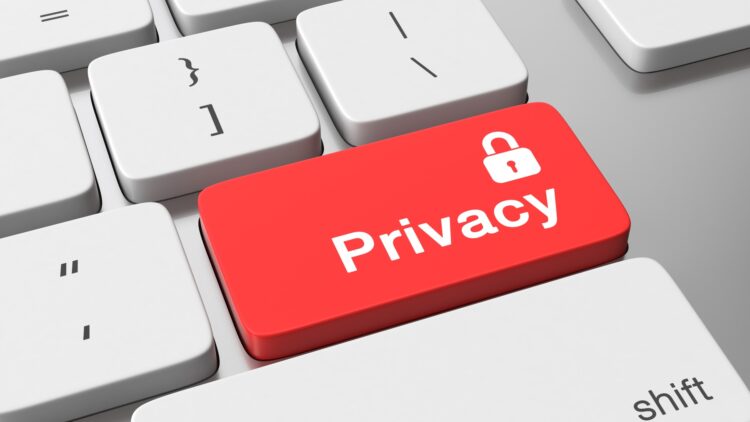Privacy nowadays is a myth, but that does not mean that we should not try to hang on to as much of our data as we can. We are all now familiar with things like cookies that retain our information and lengthy terms of service contracts that sneak in a clause where they reserve the right to sell all of our information, but sometimes the places where our information gets stored and sold off is unexpected, like an ancestry DNA test or public Wi-Fi that you connect to, or even your television.
Reading the terms of service of absolutely everything round you is important, but it is also unrealistic, especially when it is a contract that you must sign to get a service and there is no option B, either for the service or to get the contract altered. Oftentimes it is just less painful to just blindly accept and deal with the consequences, but the consequences nowadays are the unauthorized sale of our data, so we need to be very vigilant about the services that we use and the contracts that we sign.
But some things do not even have a contract, or a box to tick, it is just something that it is dome without your permission. So here are some of the most common places where your data gets stored without your knowledge and then sold to the highest bidder.
The most common places where your privacy is violated
- In-Store Loyalty Programs
These programs can be a lifesaver for many struggling families, but it seems like in return, retailers collect and sell data related to your purchases, movements in the store and even ow often you go to certain places. This is so that they can do two things, make a profile about you as an individual customer and improve service in general when they notice certain trends. This information can be then repackaged and sold to marketing companies, insurers, and analytics firms, sometimes with your name attached.
- Health and Fitness Apps
These apps usually do come with a warning that your data will be collected, but the sold part is not usually included in a way that is transparent. The information that they collect is quite valuable to political campaigns, pharmaceutical companies, or data agencies and since they are not bound by laws like HIPAA and you use the app or device willingly, there is not much you can do.
- Public Wi-Fi Networks
We all know better than to connect to public Wi-Fi, but sometimes we do not have a choice, and it is more comfortable in places like airports or hotels where your own data might be spotty, but this gives them the chance to collect your browsing history, location, and device data. Most of these have somewhere in the contract that your data will be sold off to a third party. Nothing free is free.
- Online Job Applications
This is a bit more disturbing, as you might expect job sites to keep your information, which you do not have the option to opt out of, safe, but that is not the case. Most of these companies use third parties to enrich your profile and those third parties will sell off your data. That can include your Social Security number.
- Smart TVs
Modern smart TVs often monitor your viewing habits and this data, along with details about your household, is frequently packaged and sold to advertisers. The scariest part is that, in many cases, these devices can also detect IP addresses and identify other gadgets connected to your home network, creating a comprehensive user profile.
- Credit Reporting Agencies
Organizations like Equifax, Experian, and TransUnion are not banks and have no obligation to keep your information private. They generate revenue by selling lists that include personal details such as name, address, estimated income, type of housing, and spending behavior. These profiles are used by banks, insurers, and marketers to tailor their outreach.
- DNA Testing Companies
Those home DNA kits that promise ancestry insights often come with a hidden cost, as many firms partner with or sell data to pharmaceutical companies and research labs. While some offer anonymity, others do not.
- Free Mobile Apps and Games
Apps marketed as “free,” particularly mobile games, commonly rely on data collection to turn a profit. These apps often gather your location, contact list, and behavioral data, and may even access your microphone. Children’s apps are among the worst offenders, some of which have faced legal consequences for collecting data on minors without parental consent.

